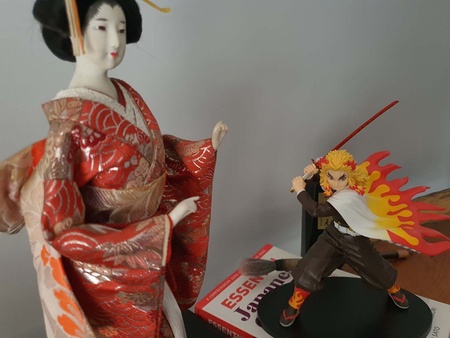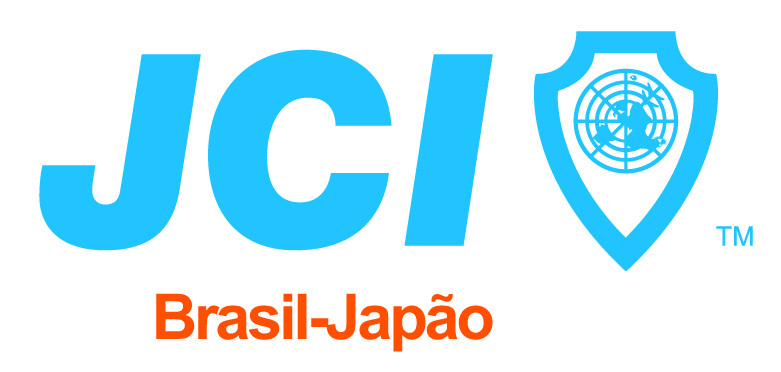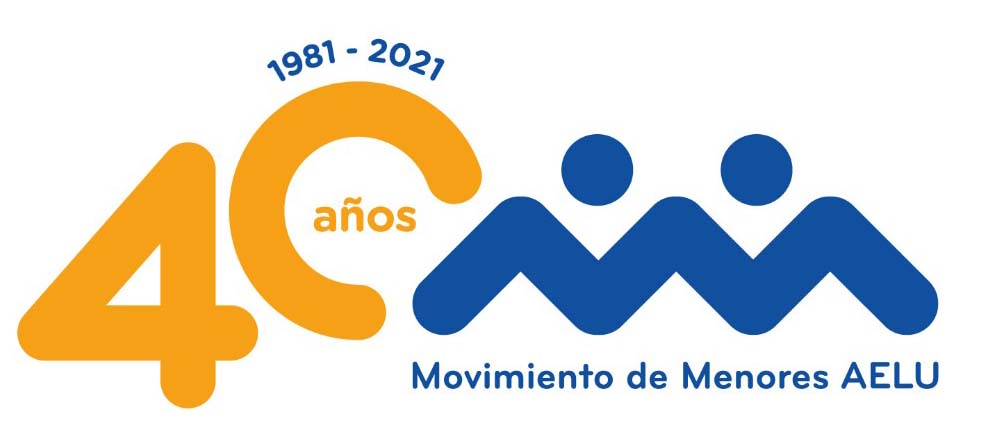Recently, Ms. Yasuko found herself in a situation where she had to prove that she was... herself. Having part of the documents with the surname Fujii and part of the documents with the surname Huzii, it seems simple to prove that one was romanized in the Hepburn system and the other was romanized in the Kunrei system, but the document that the consulate issued, without signatures or stamps, because it attests A notorious fact, it was not accepted by the bureaucracy of the State of São Paulo, accustomed to a myriad of credentials just to repeat something that is on Wikipedia.
Yasuko's daughter, Fumiko, asked me how to solve the problem and, despite being a lawyer, I could only answer that we would have to hire an official translator and hope that the explanation would convince whoever took the case now. So, my grandmother, Yasuko, and my aunt couldn't understand what the difficulty was and my brother and I, also in the legal field, couldn't explain it satisfactorily, even though we were slightly more versed in Brazilian bureaucracy. It's still a cultural shock.
Mrs. Yasuko wakes up early, takes care of her plants, prepares Gohan and meticulously controls the bills she has to pay with her pension, but, at 95 years old, she goes out little and is starting to forget details of her own story. Dona Yasuko arrived in Brazil after the Second World War, here she married Shigeharu Taguchi and raised her two children here, my aunt and my father.
Young Shigeharu came to Brazil, like many young Japanese people, to work on the farm, but he had a special talent that allowed his story to change drastically: he was an excellent pitcher and built a good career in baseball , in Brazil, who knew? Young Shigeharu was thus able to build a small nest egg, which allowed him to purchase a truck to transport vegetables, coming directly from small Japanese rural producers to the city of São Paulo. The first truck became a small fleet, the small fleet became a very profitable insurance company...
In a similar period, young Carlos José was studying in Paraíba, a humble boy, who could not study in large schools, who had fun learning acrobatics with artists in small circuses that visited his city (he even knew how to do somersaults, despite not being able to having done them for many years before we were born). This boy spent his days studying in the public library, counting on his exquisite memory and poetic talent, this boy studied on his own. He became the pride of the family: he was a cadet and then an Army officer. That was my mother's father.
And it is from these dreams that our little and happy family was born, Vidal de Almeida Taguchi, already bringing together two families, with centuries-old histories, originating from opposite sides of the world.
We like to say that our mother is as Japanese as our father, not only because of her unbreakable belief in the power of personal effort, but mainly because of her resilience and perseverance. She became a federal teacher even though she already had a child to look after (myself) and was father and mother so many times when my father had to fulfill his duty at work. And my father who, facing the stubborn resistance of old Shigeharu, abandoned the Engineering course at USP and the omiai interviews, to pursue his own dream... joining the Army. The family was never willing to accept running on trails laid by others.
My father moved away from the Nikkei community due to these circumstances in his life, as he was an officer, he rarely spent more than three years in the same city. My brother and I rediscovered it by chance, as many young people also discover it: from Japanese animations.
In many ways we try to reconnect with this past, knowing that it is part of us, but it is not all that we are, we look at it as a familiar stranger. As the Christian faith was given by Shunsaku Endo's family, who was born into Japanese culture, the opposite happens to us, we were born in Brazil and into the Christian faith and Japanese culture was given to us by our father, but as a curious gift.
The best way so far, besides, of course, the animations that we still follow with fervor, has been the language. For four years now, every day, we have been faced with increasing difficulties in learning Nihongo , and we have been amazed at the obstacles ahead, but much more surprised by the gigantic progress that the perseverance of “fighting” with our lessons has brought us every day. (and testing our sensei 's patience, I would like to thank you in advance). Language, more than any other cultural manifestation, forms thought and expresses it, being a window to try to understand it, the kanjis, the particular expressions that carry a historical charge, hundreds of years of a people in the expression “give a ryo for a cat.”
On our course, Kumon da Asa Norte, in Brasília, I found the sister of my beloved Sumie teacher “fighting” with her own lessons. She commented to us that my teacher had always been skilled in the Japanese language (information that my teacher denied in a “Japanese” humble way: the one who would know everything Japanese would be this sister who was in Kumon), but she, now, had joined the course because she had been overcome by the desire to read and translate her parents' dusty diaries, found in a box in a corner of the house.
In my first Sumie class, at the Brasília Japan Festival, a girl also commented to me that she was there because she had found an old set of brushes and paints belonging to her father, as well as some yellowed sketches. The community meets and meets again at these Festivals through souvenirs and dusty objects, as much or more than the blood that runs through our veins, which is proven by the growing number of young people who are not Nikkei, but who want, as much as possible, to become aware of this culture. No matter what martial art you see, they will all have more young people from other backgrounds than young Nikkei. It is a cultural community, more than a genetic one, and it continues to grow.
We are the result of countless warriors who came before us, from Colonel Pereira de Alagoas, the Taguchi from Saitama, peasants, farmers, soldiers, teachers, dozens of people whose history flows into us, here, in Brazil. It's a lot of responsibility.
It is a legacy of men and women, who flee religious persecution, who flee hunger, who flee despair, and arrive in this blessed country, where the fury of nature calms down, where beautiful vegetables grow from previously condemned lands, where, in the middle of the savannah and the drought that lasts six months, families like the Watanabes produce fresh and delicious tofu , always available in the Japanese grocery store 20 minutes from our house, tofu that my grandmother bought from a neighbor who made it and I sold on that street, parallel to the prestigious Avenida Virgínia in Mogi das Cruzes, these small amenities that my sensei Sumie's parents were unable to enjoy. Just yesterday, to compare current amenities, I found a shelf full of anime figurines in a relatively popular shopping mall in the city, best sellers according to the guy who served me.
My grandfather didn't come to Brazil to stay, he dreamed of returning to Japan. But today, seventy years later, my grandmother still lives on the street across Avenida Japan in Mogi das Cruzes, slightly regretting not having learned the language of the country she lived in. welcomed her. Perhaps the biggest incentive for my always kind brother to want to learn Japanese is his desire to provide a human connection to his grandmother.
This text is just the result of my desire to participate in this connection between us, between our future children and those who dedicated their lives for the opportunities we have today.
To young people, I say don't resent those who ask about your school results, as heirs of warriors who so many times raised their country from the ashes just by “gritting their teeth” and resorting to the gaman , you are compared to high standards set by those who came before us. None of them wanted this to become a burden, they just wanted the best they could give to their beloved children and grandchildren. Nothing within the reach of human will was impossible, and it is by believing in this that they did the impossible.
To parents, I ask you to dedicate yourself not only to what unites us externally, from language to martial arts, all these cultural manifestations spring from the same source: the values that we carry, that we inherited from Japan, that are part of who we are, but not the whole. We have the basis of these values and it remains for us to build something of our own based on them, creating a strong and united community that contributes, above all, to the improvement of the society of which we are part today.
© 2021 Stéphane Taguchi










